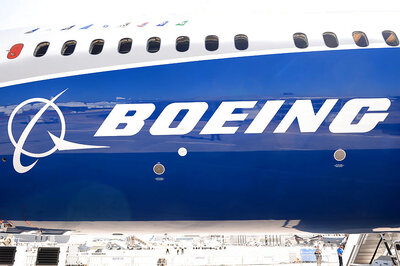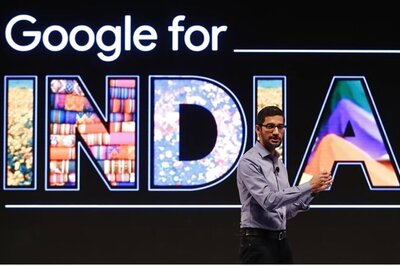
views
An outsider's view on what the Insurance Industry needs from budget 2016
A growing middle class working in the private sector combined with extremely low life and medical insurance penetration. Just doesn't sound right, does it? In the recent years, the insurance industry has been in news for all the wrong reasons namely, aggressive mis-selling and shrinkage of the physical infrastructure both in terms of branches and agents.
For any discussion around expectations from the budget, it is important we keep both parties in mind. So, let us do this here and see the dynamics from the eyes of CEO of Utopia Life Insurance Company Ltd (ULIC) and the Finance Minister of India (FM).
ULIC's CEO's problems: high cost base, low penetration of citizens insured, high policy lapse rates, long time to initial profitability and need to invest more capital.
FM's problems: high expenditure base, narrow base of taxation, budgetary deficits and need to invest more (& borrow). So, the common theme in both the situations above is 'high cost base' and 'low penetration' (for insurance revenue & tax revenue resp.). To be profitable (for the insurance company) and to be balanced in its budget (for the government), the number of people insured and taxed respectively, needs to increase. A few simple solutions 'pushed' through the budget can help meet these twin objectives:
Situation 1. When an employee (private sector) retires
Employees lose life as well as health insurance for self and dependents suddenly at the time of retirement. But do they and their dependents suddenly stop falling ill when they are not earning?
Solution: instead of letting this regular pool of insurance business completely evaporate; insurance companies should let these employees continue enrolment at the 'Group Policy' rates rather than retirees having to buy expensive insurance at that age.
Benefit to ULIC's CEO: retention (at least some part for willing buyers) of business that doesn't require additional marketing spending &that could otherwise go to competitors.
Benefit to FM: The base of 'insured' increases thereby increasing the government's service tax collection. If this helps the insurance companies achieve profitability faster, corporate taxation also increases.
Situation 2. Employee well-being as CSR
The health & life insurance benefits of most private sector companies are designed with a flaw - they are provided lesser to people who can afford it the least from their own pockets.
When someone young working in an entry level job (and most service sector jobs are low paid entry-level jobs) meets with an accident or dies, it financially incapacitates the dependents because the health and life insurance benefits provided by the employer were not enough. Companies provide very limited life and health cover because it costs them money! On the other hand, recent directives require companies to spend 3% of their profits on CSR.
Solution: The expenditure on providing sufficient health & life insurance benefits to employees (thereby spending more) below a certain salary level (I am advocating a slab of more than Rs. 15,000 monthly income till which point ESI is applicable) be allowed as CSR.
Benefit to ULIC's CEO: Increased life & health coverage and premium income that doesn't require additional marketing spending.
Benefit to FM: helps the government promote economic & social well-being of the 'urban workers' in the absence of any social security benefits for the private sector. Increased premium collection also means more indirect (service tax) and direct (corporate) tax collection.
Situation 3. Promote Personal Accident Insurance (PAI) with disability benefit (DB)
The current tax regime does not give any tax benefit for the above mentioned coverage. In the absence of hard numbers, one can attribute to serendipity the co-existence of absence of tax benefits situation &life insurance policies not accompanied with PAI and DB.
Solution: Allow tax exemption on PAI with DB. Benefit to ULIC's CEO: increased business forced by potential to save tax.
Benefit to FM: Helps the government promote economic & social well-being without spending more and increasing the tax base.
If Telecom & Internet Service Providers could penetrate to customer segments that didn't even exists a few years back, there is no reason our insurance companies can't do it with a little bit of a push from the government via budgetary support.
(Author Gaurav Gupta is head of insights at ANZ and writes on finance and economics. Views expressed here are personal and not that of CNN-IBN/ IBNLive)




















Comments
0 comment